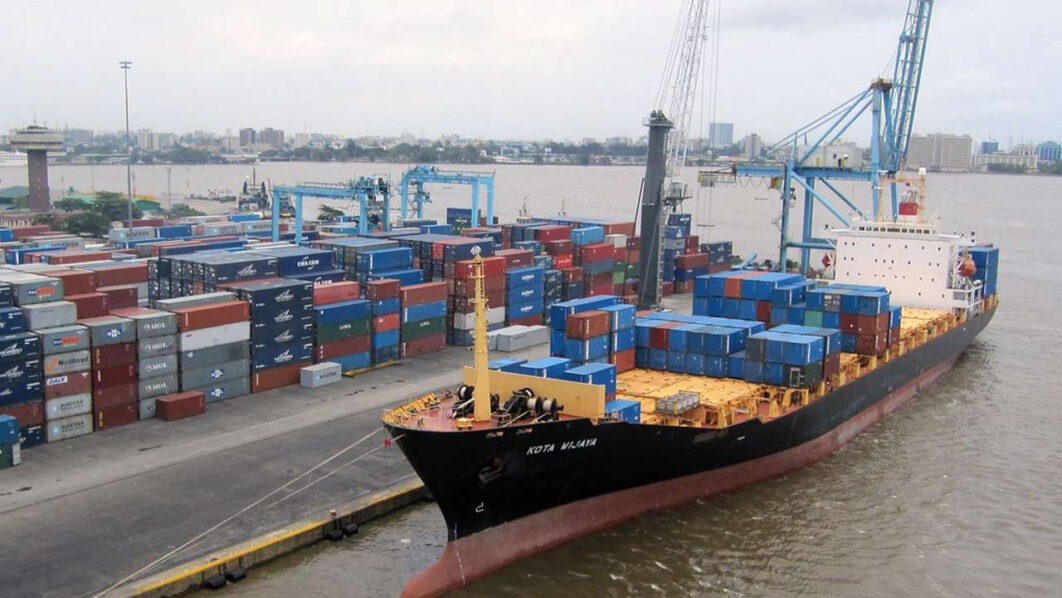
The increase, manufacturers said, is extremely insensitive to their plight, especially at this time when they are asking for concessions. They lamented that despite the hardship they are forced to go through, the government has turned a deaf ear to their cry instead of reducing their burden.
A former Manufacturers Association of Nigeria (MAN) chairperson, Apapa Branch and Executive Director, Universal Luggage Industries Ltd, Frank Onyebu, condemned what he described as the government’s insensitivity, wondering why the increase was announced just after the President promised to ease their burdens. He said while residents were protesting the high cost of living on the streets, the government was plotting how to increase their burdens.
“Instead of putting in place policies that would help in reducing the cost of goods, we are slammed instead with additional costs and hurdles that will have to be passed on to end-users.
“Over the last year, we have pleaded that the rates be kept stable for at least six months with no changes, but it seems nobody in this government is listening to us. We have been asking if they want to do away with the real sector and to let us know so we can all pack up,” he stated.
He regretted that local manufacturers were looking for a way out and wondered how foreign investors could be attracted into the country with a very unstable exchange rate. Lamenting that it has become better to save money in the bank rather than put it into manufacturing, he said, the sector is beset with so much uncertainty.
“The government’s body language is not encouraging manufacturing at all,” he fumed.Lending his voice, the President of the Association of Small Business Owners of Nigeria (ASBON), Femi Egbesola, said the constant increase is a source of worry to them because the cost of goods will skyrocket. He lamented that businesses have increased prices a number of times this year alone and they are afraid any further increase will put buyers off. He pointed out that most businesses are not making any profit but simply coasting by, hoping the situation will improve soon. He added that because businesses often project ahead, the constant increases have made it impossible to do so now.
“We are currently shopping for foreign investors but they are all turned off by the unstable rates. If the situation continues, it will mean loss of jobs because poor sales stemming from unsold inventory would mean we have to cut jobs. Moreover, this is discouraging more people from coming into business and instead, they are looking for how to leave the country. This is not the time to increase rates at all,” he said.
Collaborating Egbesola, the National Vice President of the Nigerian Association of Small-Scale Industrialists (NASSI), Segun Kuti-George, said further increases in the exchange rate simply mean further increases to the cost of goods, which all tie into rising inflation and high cost of credit. He said no government in the world does not intervene in key sectors such as the agriculture and real sector, except Nigeria.
Director-General of the Nigerian Association of Chambers of Commerce, Industry, Mines and Agriculture (NACCIMA), Sola Obadimu, regretted that despite asking for a fixed exchange rate to ease the pressure on businesses, the government has continued an upward review of the benchmark.
He said while it is easy to say these added costs would simply be passed on to consumers, it is not so easy to increase prices every other week. Pleading for stability, he said the constant increases are becoming too frequent, more outrageous and not good for business. Adding that the business environment is too volatile and constant increases are not sustainable, he said as the rates keep going up, business indices keep worsening, leading to an increased cost of doing business.
“If this continues, where would we be by December? Wages are static and salary earners are poorer than they were in January. We also have to factor in that jobs might be affected if the situation is not brought under control quickly,” he said.






